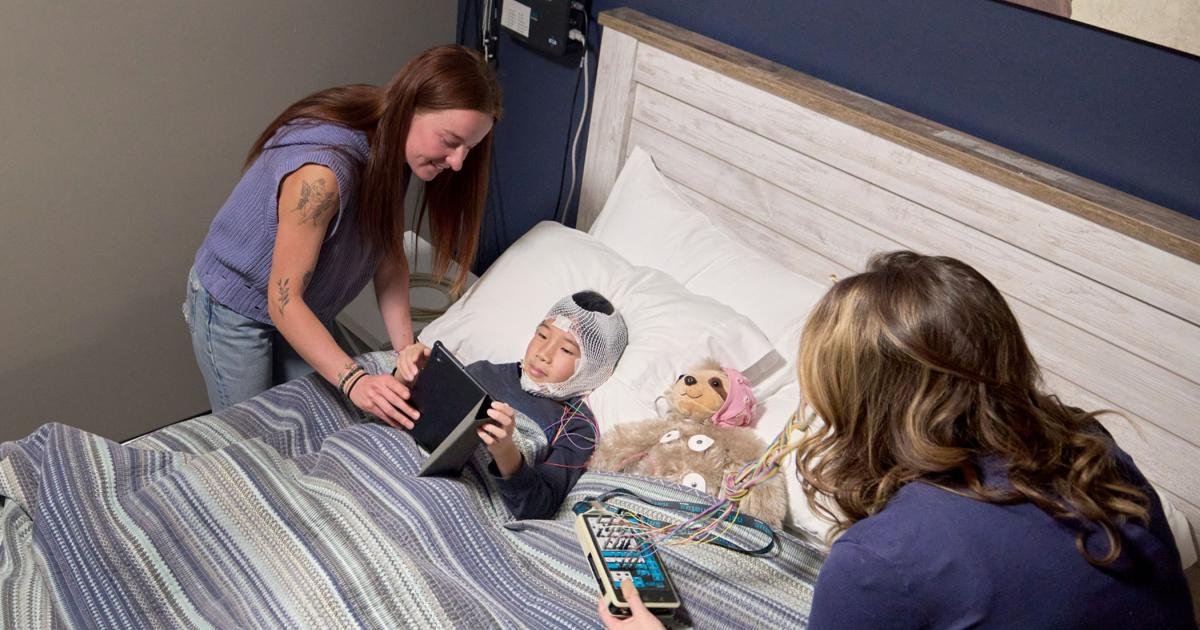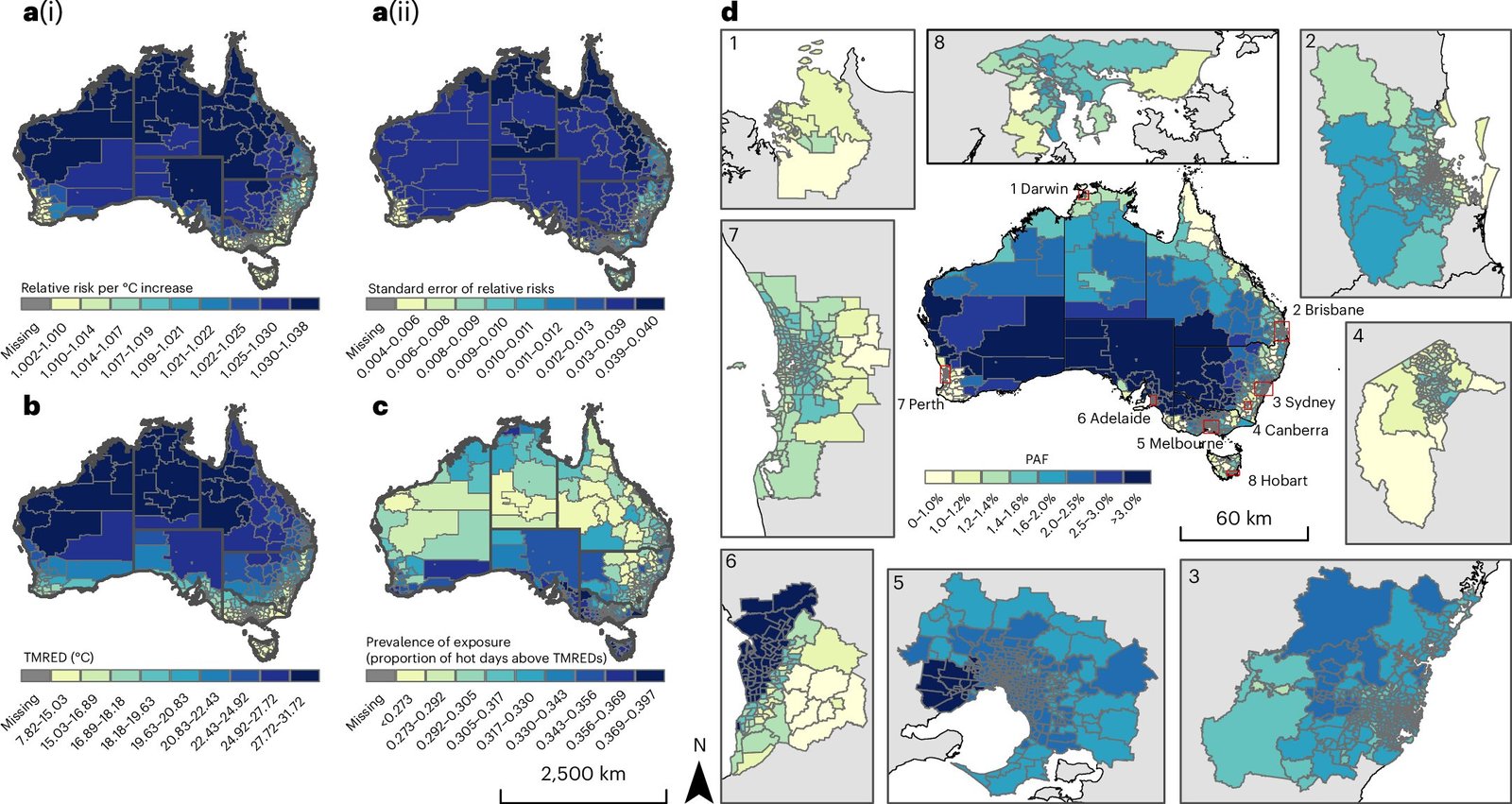A psychologist at Montana State University (MSU) is initiating a study to explore how sleep habits in preadolescent children affect their mental health. The research aims to identify specific patterns of sleep that may correlate with mental health outcomes in children aged 6 to 12.
Dr. Jane Smith, the lead researcher, acknowledges that sleep is crucial for children’s overall development, yet it often receives insufficient attention in discussions about mental health. The study will involve tracking sleep patterns using wearable technology and assessing mental health through standardized questionnaires filled out by parents and teachers.
The study will include approximately 200 children from various backgrounds, ensuring a diverse sample. Participants will wear sleep trackers for two weeks to gather data on their sleep duration and quality. This data will then be analyzed alongside mental health indicators such as anxiety and depression levels.
Dr. Smith emphasizes that early identification of sleep-related issues could lead to timely interventions, potentially preventing the onset of more severe mental health conditions. Previous studies have suggested links between poor sleep and various mental health disorders, but specific sleep habits in children have not been thoroughly examined.
The research is set to begin in early 2024, with hopes of not only contributing to academic literature but also providing practical recommendations for parents and educators. Dr. Smith plans to collaborate with local schools to facilitate the study and raise awareness about the importance of sleep in children’s mental health.
As the study progresses, researchers will share findings with the community, aiming to foster a better understanding of how sleep influences psychological wellbeing. This could lead to workshops and resources aimed at helping families establish healthy sleep routines for their children, ultimately supporting their mental health needs.



